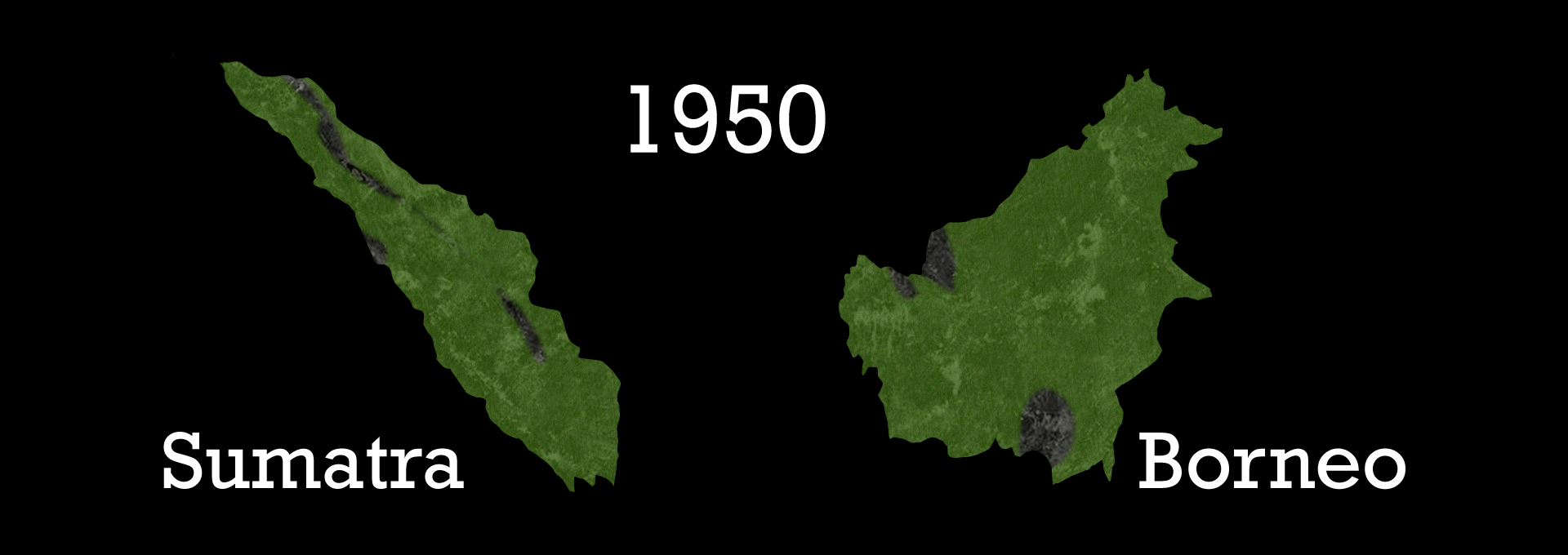About Whale of a Time
Whale of a Time is riding the wave of change, promoting successful stewardship of our planet to create a peaceful, morally just, humane and sustainable culture, while ensuring survival of all species and their natural habitats. Whale of a Time organises creative and fun, inspiring and empowering events on environmental issues to encourage active participation living a sustainable lifestyle inspired by a positive attitude. We engage young and old from all walks of life through the Whale of a Time Community, the Whale of a Time Festival and the Whale of a Time Workshop. Our work has been recognised by many national and community and environmental awards schemes.
Whale of a Time Tweats
Sunday, 29 April 2012
Jeffrey M. Smith über die Biotech-Industrie - YouTube
 Whale of a Time organises creative events on environmental issues to encourage active participation living a sustainable lifestyle inspired by a positive attitude. We work largely with children and young people at community and environmental festivals, and in schools and youth clubs. Our work has been recognised by many national and community and environmental awards schemes.
Whale of a Time organises creative events on environmental issues to encourage active participation living a sustainable lifestyle inspired by a positive attitude. We work largely with children and young people at community and environmental festivals, and in schools and youth clubs. Our work has been recognised by many national and community and environmental awards schemes.
Gentechnik - Gekaufte Wahrheit, Zensur und Gesinnungsterror - YouTube
 Whale of a Time organises creative events on environmental issues to encourage active participation living a sustainable lifestyle inspired by a positive attitude. We work largely with children and young people at community and environmental festivals, and in schools and youth clubs. Our work has been recognised by many national and community and environmental awards schemes.
Whale of a Time organises creative events on environmental issues to encourage active participation living a sustainable lifestyle inspired by a positive attitude. We work largely with children and young people at community and environmental festivals, and in schools and youth clubs. Our work has been recognised by many national and community and environmental awards schemes.
Friday, 27 April 2012
FernGully: The Last Rainforest trailer
Become a rainforest warrior and help protect this magical habitat for over 50% of the world's species.
 Whale of a Time organises creative events on environmental issues to encourage active participation living a sustainable lifestyle inspired by a positive attitude. We work largely with children and young people at community and environmental festivals, and in schools and youth clubs. Our work has been recognised by many national and community and environmental awards schemes.
Whale of a Time organises creative events on environmental issues to encourage active participation living a sustainable lifestyle inspired by a positive attitude. We work largely with children and young people at community and environmental festivals, and in schools and youth clubs. Our work has been recognised by many national and community and environmental awards schemes.
These beluga whales face extinction - 340 Remain - They are the last!
 Whale of a Time organises creative events on environmental issues to encourage active participation living a sustainable lifestyle inspired by a positive attitude. We work largely with children and young people at community and environmental festivals, and in schools and youth clubs. Our work has been recognised by many national and community and environmental awards schemes.
Whale of a Time organises creative events on environmental issues to encourage active participation living a sustainable lifestyle inspired by a positive attitude. We work largely with children and young people at community and environmental festivals, and in schools and youth clubs. Our work has been recognised by many national and community and environmental awards schemes.
Friday, 20 April 2012
Mother Earth has rights too! She's our mother. She needs us. - YouTube
 Whale of a Time organises creative events on environmental issues to encourage active participation living a sustainable lifestyle inspired by a positive attitude. We work largely with children and young people at community and environmental festivals, and in schools and youth clubs. Our work has been recognised by many national and community and environmental awards schemes.
Whale of a Time organises creative events on environmental issues to encourage active participation living a sustainable lifestyle inspired by a positive attitude. We work largely with children and young people at community and environmental festivals, and in schools and youth clubs. Our work has been recognised by many national and community and environmental awards schemes.
Sunday, 15 April 2012
Save the Critically Endangered Orangutans in Sumatra
Why This Is Important
Saturday, 14 April 2012
Wednesday, 11 April 2012
Government to reconsider nerve agent pesticides - Nature - Environment - The Independent
 Whale of a Time organises creative events on environmental issues to encourage active participation living a sustainable lifestyle inspired by a positive attitude. We work largely with children and young people at community and environmental festivals, and in schools and youth clubs. Our work has been recognised by many national and community and environmental awards schemes.
Whale of a Time organises creative events on environmental issues to encourage active participation living a sustainable lifestyle inspired by a positive attitude. We work largely with children and young people at community and environmental festivals, and in schools and youth clubs. Our work has been recognised by many national and community and environmental awards schemes.
Monday, 9 April 2012
Twitter / @Gottaloveorangs: The journey that palm oil ...
 Whale of a Time organises creative events on environmental issues to encourage active participation living a sustainable lifestyle inspired by a positive attitude. We work largely with children and young people at community and environmental festivals, and in schools and youth clubs. Our work has been recognised by many national and community and environmental awards schemes.
Whale of a Time organises creative events on environmental issues to encourage active participation living a sustainable lifestyle inspired by a positive attitude. We work largely with children and young people at community and environmental festivals, and in schools and youth clubs. Our work has been recognised by many national and community and environmental awards schemes.
The Jungle Book - I wanna be like you w/lyrics - YouTube
Now I'm the king of the swingers
Oh, the jungle VIP
I've reached the top and had to stop
And that's what botherin' me
I wanna be a man, mancub
And stroll right into town
And be just like the other men
I'm tired of monkeyin' around!
Oh, oobee doo
I wanna be like you
I wanna walk like you
Talk like you, too
You'll see it's true
An ape like me
Can learn to be human too
( Gee, cousin Louie
You're doin' real good
Now here's your part of the deal, cuz
Lay the secret on me of man's red fire
But I don't know how to make fire )
Now don't try to kid me, mancub
I made a deal with you
What I desire is man's red fire
To make my dream come true
Now give me the secret, mancub
Cmon clue me what to do
Give me the power of man's red flower
So I can be like you
You!
I wanna be like you
I wanna talk like you
Walk like you, too
You'll see it's true
Someone like me
Can learn to be
Like someone like me
Can learn to be
Like someone like you
Can learn to be
Like someone like me!
 Whale of a Time organises creative events on environmental issues to encourage active participation living a sustainable lifestyle inspired by a positive attitude. We work largely with children and young people at community and environmental festivals, and in schools and youth clubs. Our work has been recognised by many national and community and environmental awards schemes.
Whale of a Time organises creative events on environmental issues to encourage active participation living a sustainable lifestyle inspired by a positive attitude. We work largely with children and young people at community and environmental festivals, and in schools and youth clubs. Our work has been recognised by many national and community and environmental awards schemes.
Boycott Palm Oil - Save the Orangutans!

 Whale of a Time organises creative events on environmental issues to encourage active participation living a sustainable lifestyle inspired by a positive attitude. We work largely with children and young people at community and environmental festivals, and in schools and youth clubs. Our work has been recognised by many national and community and environmental awards schemes.
Whale of a Time organises creative events on environmental issues to encourage active participation living a sustainable lifestyle inspired by a positive attitude. We work largely with children and young people at community and environmental festivals, and in schools and youth clubs. Our work has been recognised by many national and community and environmental awards schemes.
"Extraordinary Animals in the Womb" - National Geographic Documentary
This amazing photo of an embryonic dolphin was taken using a combination of three-dimensional ultrasound scans, computer graphics and tiny cameras.
(image from the National Geographic Documentary “Extraordinary Animals in the Womb”)
 Whale of a Time organises creative events on environmental issues to encourage active participation living a sustainable lifestyle inspired by a positive attitude. We work largely with children and young people at community and environmental festivals, and in schools and youth clubs. Our work has been recognised by many national and community and environmental awards schemes.
Whale of a Time organises creative events on environmental issues to encourage active participation living a sustainable lifestyle inspired by a positive attitude. We work largely with children and young people at community and environmental festivals, and in schools and youth clubs. Our work has been recognised by many national and community and environmental awards schemes.
Saturday, 7 April 2012
New pesticide link to sudden decline in bee population - Nature - Environment - The Independent
Indonesian court backs palm oil company over orangutans and carbon storage
Read more here
Up in smoke: ecological catastrophe in the Sumatran swamps
This article is from the Independent
View other related articles at Life Without Palm Oil
GRASP - Great Apes Survival Partnership
Sunday, 1 April 2012
Austrian Agriculture Deomonstation on 30 March demands a new Agriculture and Nutrition Politic

 Whale of a Time organises creative events on environmental issues to encourage active participation living a sustainable lifestyle inspired by a positive attitude. We work largely with children and young people at community and environmental festivals, and in schools and youth clubs. Our work has been recognised by many national and community and environmental awards schemes.
Whale of a Time organises creative events on environmental issues to encourage active participation living a sustainable lifestyle inspired by a positive attitude. We work largely with children and young people at community and environmental festivals, and in schools and youth clubs. Our work has been recognised by many national and community and environmental awards schemes.
Neonicotinoid Pesticide Reduces Bumble Bee Colony Growth and Queen Production
1School Natural Sciences, University of Stirling, Stirling FK9 4LA, UK. 2Lancaster University, LEC, Lancaster LA1 4YQ, UK.
*To whom correspondence should be addressed. E-mail: dave.goulson@stir.ac.uk
Growing evidence for declines in bee populations has caused great concern due to the valuable ecosystem services they provide. Neonicotinoid insecticides have been implicated in these declines as they occur at trace levels in the nectar and pollen of crop plants. We exposed colonies of the bumble bee Bombus terrestris in the lab to field-realistic levels of the neonicotinoid imidacloprid, then allowed them to develop naturally under field conditions. Treated colonies had a significantly reduced growth rate and suffered an 85% reduction in production of new queens compared to control colonies. Given the scale of use of neonicotinoids, we suggest that they may be having a considerable negative impact on wild bumble bee populations across the developed world.
 Whale of a Time organises creative events on environmental issues to encourage active participation living a sustainable lifestyle inspired by a positive attitude. We work largely with children and young people at community and environmental festivals, and in schools and youth clubs. Our work has been recognised by many national and community and environmental awards schemes.
Whale of a Time organises creative events on environmental issues to encourage active participation living a sustainable lifestyle inspired by a positive attitude. We work largely with children and young people at community and environmental festivals, and in schools and youth clubs. Our work has been recognised by many national and community and environmental awards schemes.
Field Research on Bees Raises Concern About Low-Dose Pesticides
 Whale of a Time organises creative events on environmental issues to encourage active participation living a sustainable lifestyle inspired by a positive attitude. We work largely with children and young people at community and environmental festivals, and in schools and youth clubs. Our work has been recognised by many national and community and environmental awards schemes.
Whale of a Time organises creative events on environmental issues to encourage active participation living a sustainable lifestyle inspired by a positive attitude. We work largely with children and young people at community and environmental festivals, and in schools and youth clubs. Our work has been recognised by many national and community and environmental awards schemes.
BBC News - Insecticide blamed for bee deaths by Stirling University study

 Whale of a Time organises creative events on environmental issues to encourage active participation living a sustainable lifestyle inspired by a positive attitude. We work largely with children and young people at community and environmental festivals, and in schools and youth clubs. Our work has been recognised by many national and community and environmental awards schemes.
Whale of a Time organises creative events on environmental issues to encourage active participation living a sustainable lifestyle inspired by a positive attitude. We work largely with children and young people at community and environmental festivals, and in schools and youth clubs. Our work has been recognised by many national and community and environmental awards schemes.










